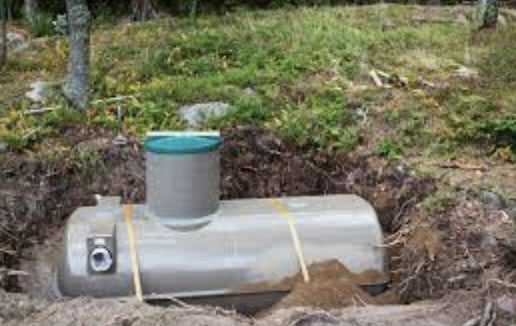If you’re a homeowner in the United Kingdom, it’s important that you know about septic tanks and how they work. Septic tanks are an essential part of the wastewater treatment process, and if they’re not functioning properly, it can lead to all sorts of problems. In this blog post, we will discuss everything you need to know about septic tanks, including how they work and how to maintain them. We’ll also provide some tips for dealing with common issues that can occur with septic tanks.
Contents
How do septic tanks work?
First, it’s important to understand how septic tanks work. Essentially, they collect and treat sewage waste from your home before releasing it into the ground. As the sewage enters the tank, solids settle to the bottom to form a sludge layer while oils and fats float to the top as a scum layer. Bacteria in the tank break down these materials, and liquid wastewater is able to exit from the tank through a drainage field. It’s important to note that septic tanks should be pumped regularly in order to remove excess build-up and keep them functioning properly.
How to maintain the septic tank?
In terms of maintenance, there are several steps you can take to ensure your septic tank remains in good shape. One important step is watching what you put down the drain and into your septic tank. Certain materials, such as sanitary products, cooking oils, and chemicals can harm the bacteria in the tank and lead to clogs or other issues. Additionally, it’s important to have your septic tank pumped regularly and inspected by a professional every few years.
How to fix problems with your septic tank?
If you do encounter problems with your septic tank, there are some steps you can take to fix them. One common issue is an overflowing tank, which can be caused by too much waste entering the system or a blockage in the drainage field. In this case, pumping out the tank can help alleviate the problem. Another issue that may arise is a bad odour coming from the tank or drainage field. This could indicate a lack of bacteria in the tank, and adding a bacterial additive to the system can often solve the problem.
How often should a septic tank be pumped?
It is recommended to have your septic tank pumped every three to five years, or as needed based on the usage of the household.
Can I flush anything down the drain if I have a septic tank?
No, it is important to avoid flushing non-biodegradable materials such as sanitary products and cooking oils, as well as chemicals that can harm the bacteria in the tank.
What should I do if my septic tank is backing up or overflowing?
This could indicate a blockage in the system, and pumping out the tank can help alleviate this issue. It may also be necessary to have a professional inspect
Overall, proper maintenance and awareness of what goes into your septic tank can help ensure that it functions properly for years to come. If you have any concerns or questions about your septic tank, it’s always best to consult a professional for assistance. Check out OMDI for more.
